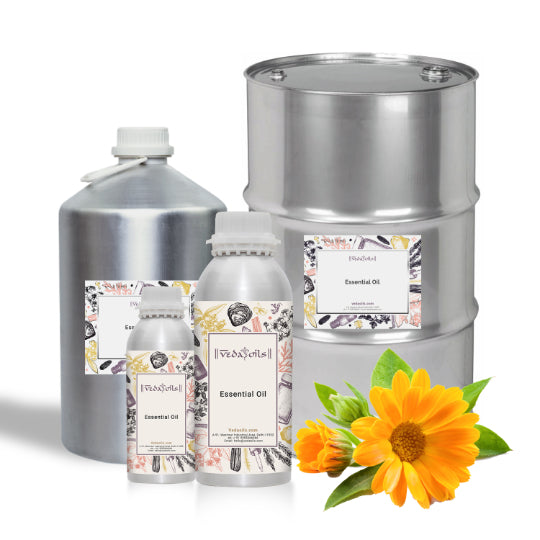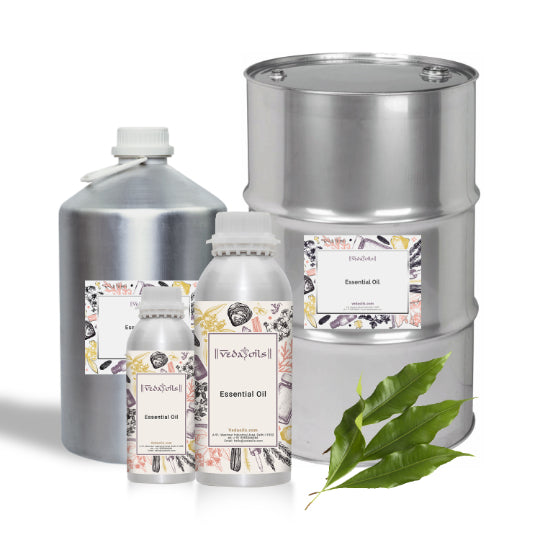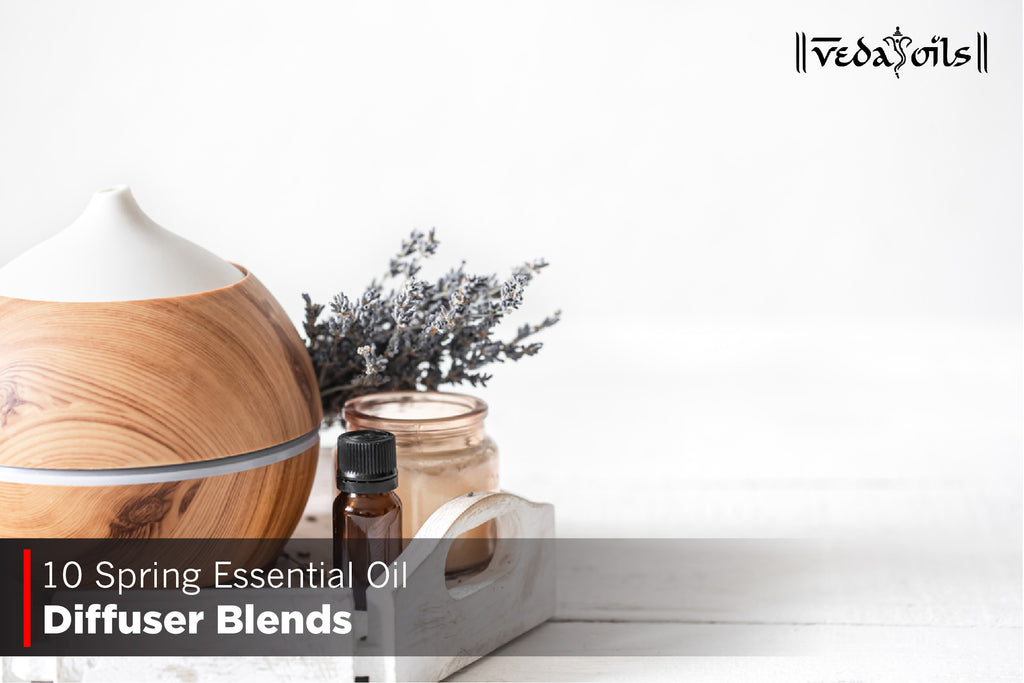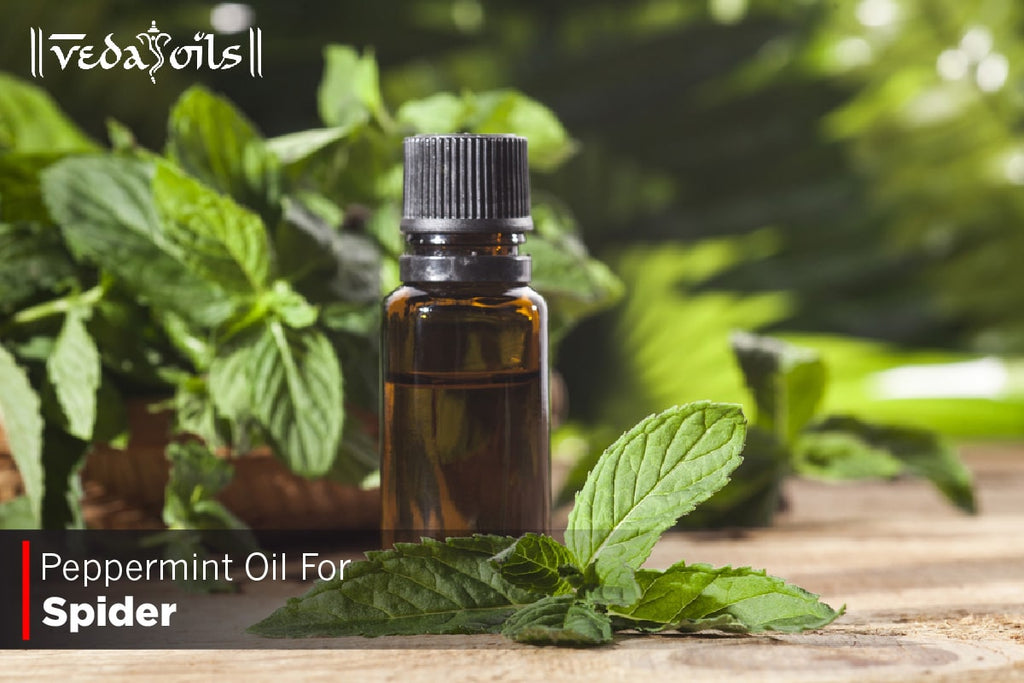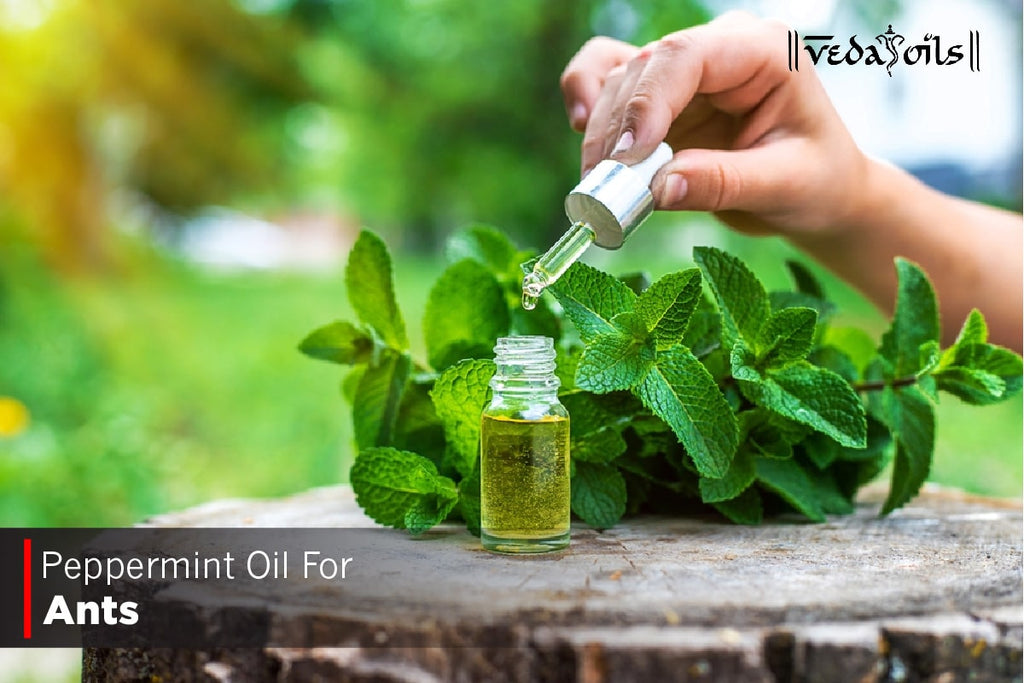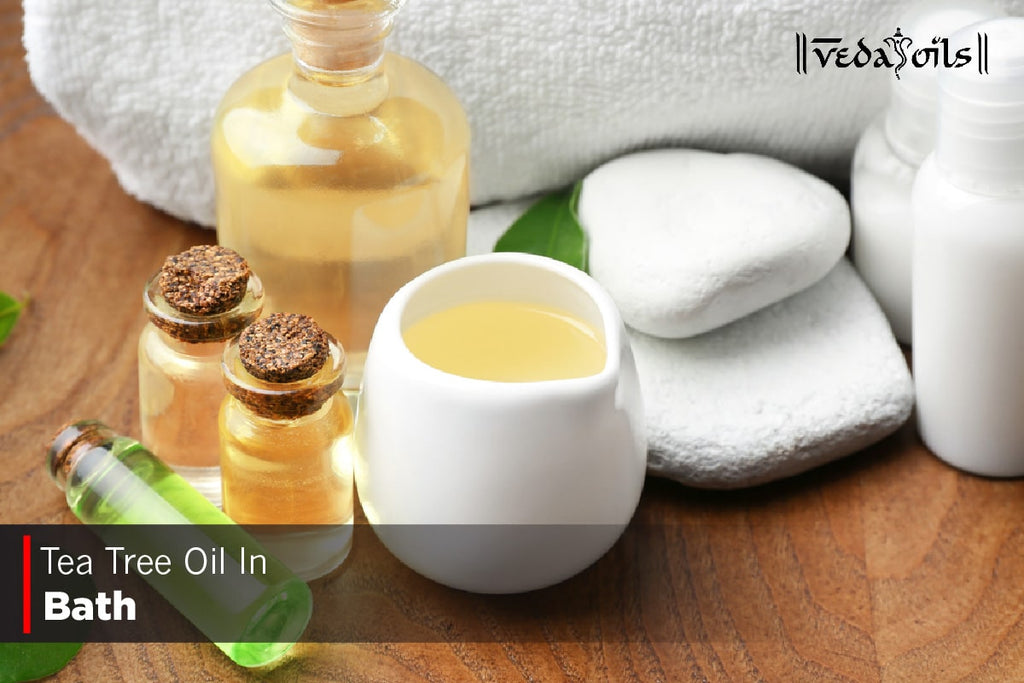Psoriasis and other skin infections are challenging to treat, especially with medication, because they cause many allergic reactions, so what should you do? What better almond oil for psoriasis treatment than natural oil?

Sweet almond oil contains anti-oxidants, anti-inflammatory and anti-bacterial properties, and numerous vitamins and minerals. Their goodness effectively and quickly improves psoriasis. So, let's look at the benefits of almond oil for psoriasis and how to apply it.
What Causes Psoriasis On Scalp And Skin?
Psoriasis of the skin and scalp can run in families, but the triggers are complicated. Environmental exposures can include skin trauma, sunburn, medications, stress, and other inflammatory or autoimmune health conditions, which parents may pass down to their children.
Is Almond Oil Good For Psoriasis?
Sweet almond oil is a high-fat oil used for centuries to treat skin conditions such as eczema and psoriasis. With its moisturizing properties, this oil soothes the skin.

Just keep in mind that almond oil does not cure the underlying cause of eczema and psoriasis, but it relieves the pain, itching, dryness, and discomfort these conditions cause.
Benefits Of Almond Oil For Psoriasis
Almond oil is anti-bacterial and anti-inflammatory and contains various vitamins and minerals, all of which are beneficial in treating psoriasis symptoms. Let's look at the benefits of almond oil for psoriasis.
- Youthful Skin: Vitamins A, E, and B in this miraculous oil improve skin absorption and prevent skin pores from becoming clogged. Almond oil contains fatty acids and vitamin E, making your skin soft and wrinkle-free. Regular use also detoxifies the skin, making it glow and smooth.
- Reduce Infections: This homemade remedy's analgesic activity can relieve pain caused by itching on psoriasis flare-ups. Sweet almond oil's anti-oxidant properties can shield your skin from harmful UV rays. Regular massage with an almond oil mask will improve blood circulation and relax you.

- Anti-inflammatory Properties: When applied topically, sweet almond oil helps to strengthen your skin's defense system. It increases the production of defensive elements that protect your skin. The anti-inflammatory activity of this oil aids in the reduction of inflammation caused by psoriasis.
- Moisturize: This homemade mask's exfoliating activity can remove dead cells and other impurities. Almond oil's emollient properties penetrate deep into the skin and hydrate dry, itchy patches. It also prevents itchy patches by keeping moisture on the skin.
How To Use Almond Oil For Psoriasis?
Knowing the benefits of almond oil for psoriasis is excellent, but how do you use almond oil for psoriasis? Try these simple recipes.
Recipe 1. Sugar And Almond Oil For Psoriasis
Almond oil and sugar scrub will remove dried skin while providing deep nourishment for a smooth, soothing scalp. Follow this straightforward recipe.

Ingredients:
- Sugar - 1 Tablespoon
- Sweet Almond Oil - 2 Tablespoon
How To Make And Use:
- Take one tablespoon of almond oil and mix it with one teaspoon of sugar.
- Massage the psoriasis spots gently and then rinse.
Recipe 2. Milk, Lemon, And Almond Oil For Psoriasis
Get rid of psoriasis by combining almond oil's anti-bacterial properties with milk's soft hydration and the vitamin C and acidic properties of lemon.

Ingredients:
- Milk - 1 Tablespoon
- Lemon Juice - 2 Tablespoon
- Sweet Almond Oil - 1 Tablespoon
How To Make And Use:
- Mix in one teaspoon of almond oil and one teaspoon of milk.
- Add a few drops of lemon juice and gram flour to the mixture.
- Apply it to the afflicted area of psoriasis for natural exfoliation.
Recipe 3. Bergamot Oil And Almond Oil For Psoriasis
Why not combine the hydration of almond oil with the goodness of bergamot essential oil's citric properties to clean your scalp? Let's see how it goes.

Ingredients:
- Bergamot Essential Oil - 1 Tablespoon
- Sweet Almond Oil - 2 Drop
How To Make And Use :
- In a dish, combine one drop of bergamot oil and five milliliters of sweet almond milk.
- Alternatively, one drop of lavender oil and one drop of frankincense oil can be used.
- Apply gently to the psoriasis-affected area and allow it to dry naturally.
Recipe 4. Amla Oil And Almond Oil For Psoriasis
Amla oil is known to treat psoriasis, and when combined with almond oil, it's a match made in heaven. Let us demonstrate how to mix and apply.

Ingredients:
- Amla Oil - 1 Tablespoon
- Sweet Almond Oil - 2 Drop
How To Make And Use :
- Apply one teaspoon almond oil and one teaspoon of amla oil to a prewashed scalp.
- Using your fingertips, apply the oil to your scalp.
- Allow it to air dry naturally.
Conclusion
Since it is non-irritating and lightweight, almond oil is generally safe for sensitive skin. Some people use almond oil to treat chronic skin conditions such as psoriasis, acne, eczema, and dermatitis. Just get the best sweet almond oil for yourself, and only trust the best by visiting VedaOils.com.
Frequently Asked Questions
As almond oil has so many beneficial properties, there may be some confusion; let's clarify that in this FAQ section.

Q. Does Almond Oil Help Psoriasis of the Scalp?
Ans. Almond oil also effectively treats flaky scalp (seborrheic dermatitis) and psoriasis. This oil also strengthens follicles, allowing them to hold more moisture and benefiting the scalp by relieving itching and discomfort.
Q. Is Almond Oil Good For Itchy Skin?
Ans. Sweet almond oil is an excellent ally for anybody suffering from redness, irritation, eczema, or desquamation. Sweet almond oil relieves itching and other skin problems due to its calming and anti-inflammatory characteristics.
Q. Can almond oil be applied directly to the skin?
Ans. Almond oil is usually regarded as safe for use on the skin. However, there are specific safety measures to take. Avoid applying almond oil on your skin if you have a nut allergy. Before using almond oil on your face, perform a patch test if it is your first time on your skin.
Q. How I cure my psoriasis permanently?
Ans. There is no cure for psoriasis at the moment. You can, however, take medicine and experiment with natural alternatives such as sweet almond oil and other carrier oils.


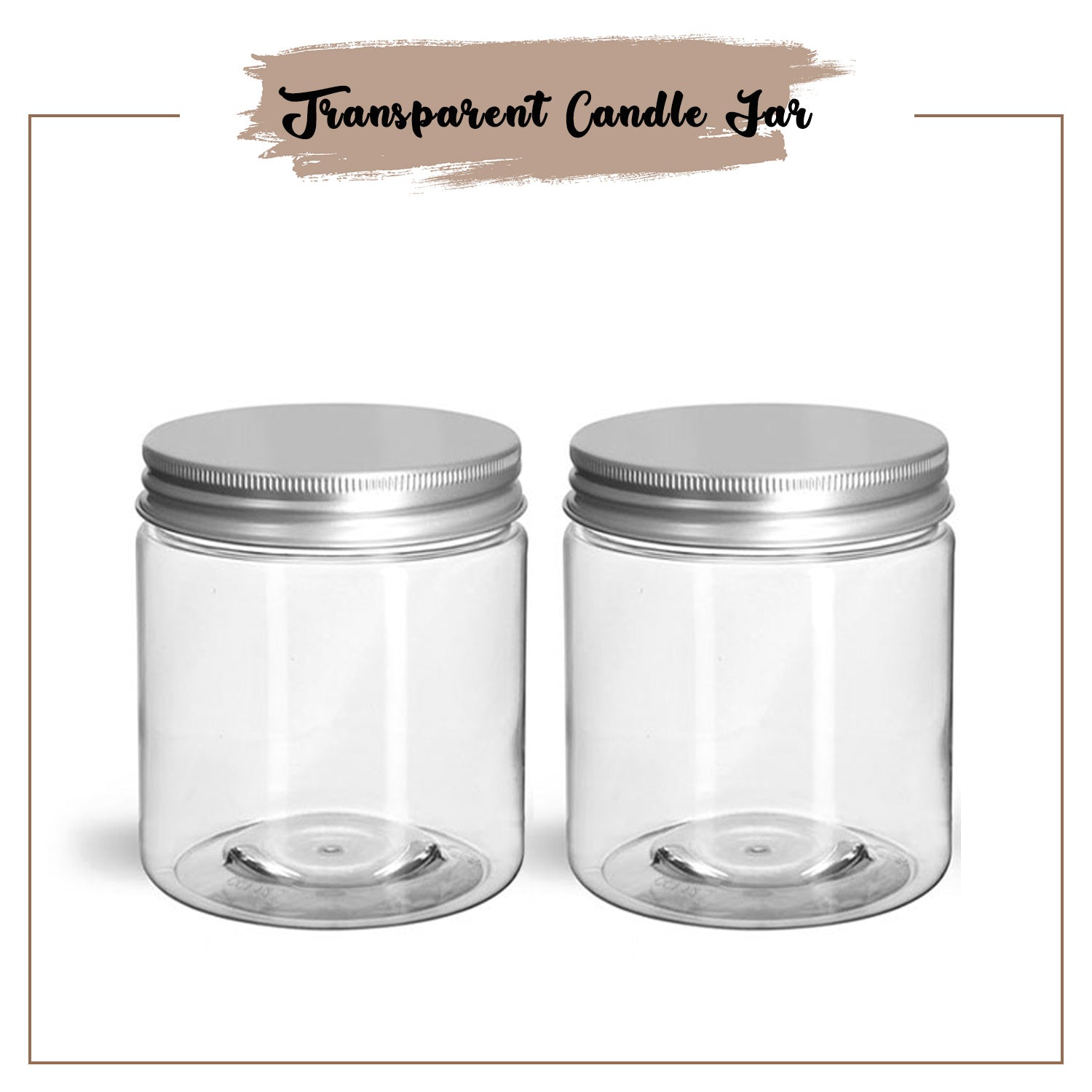

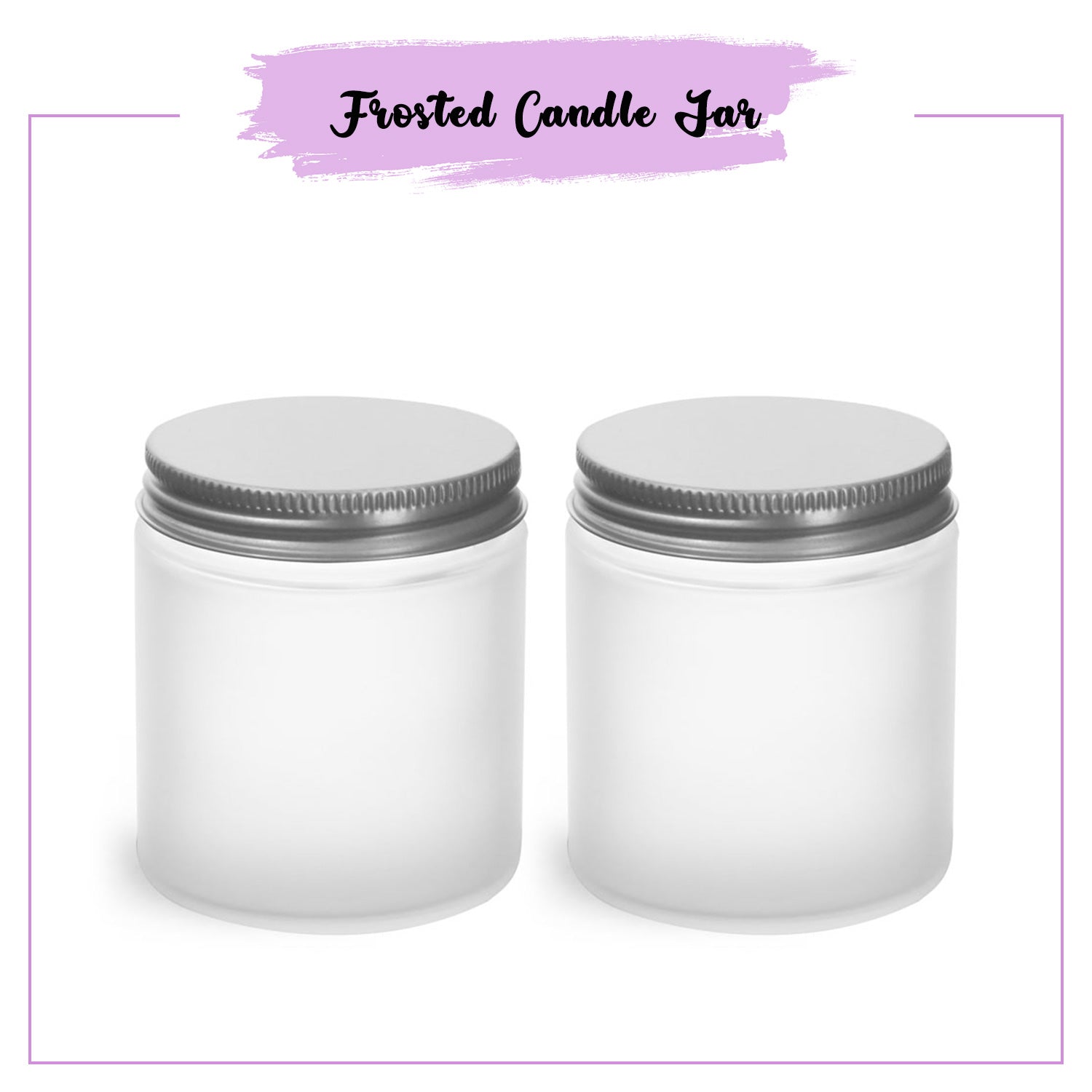



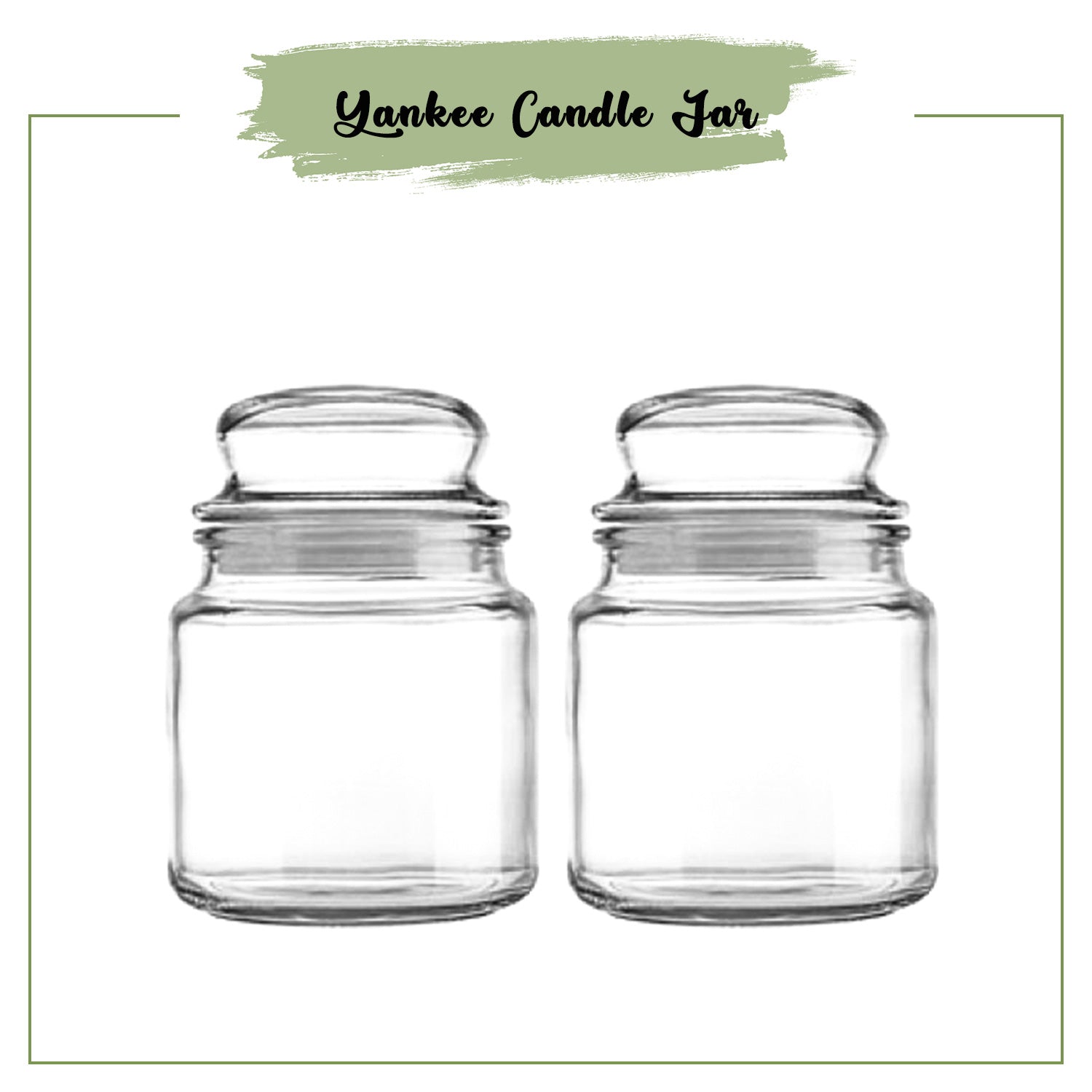

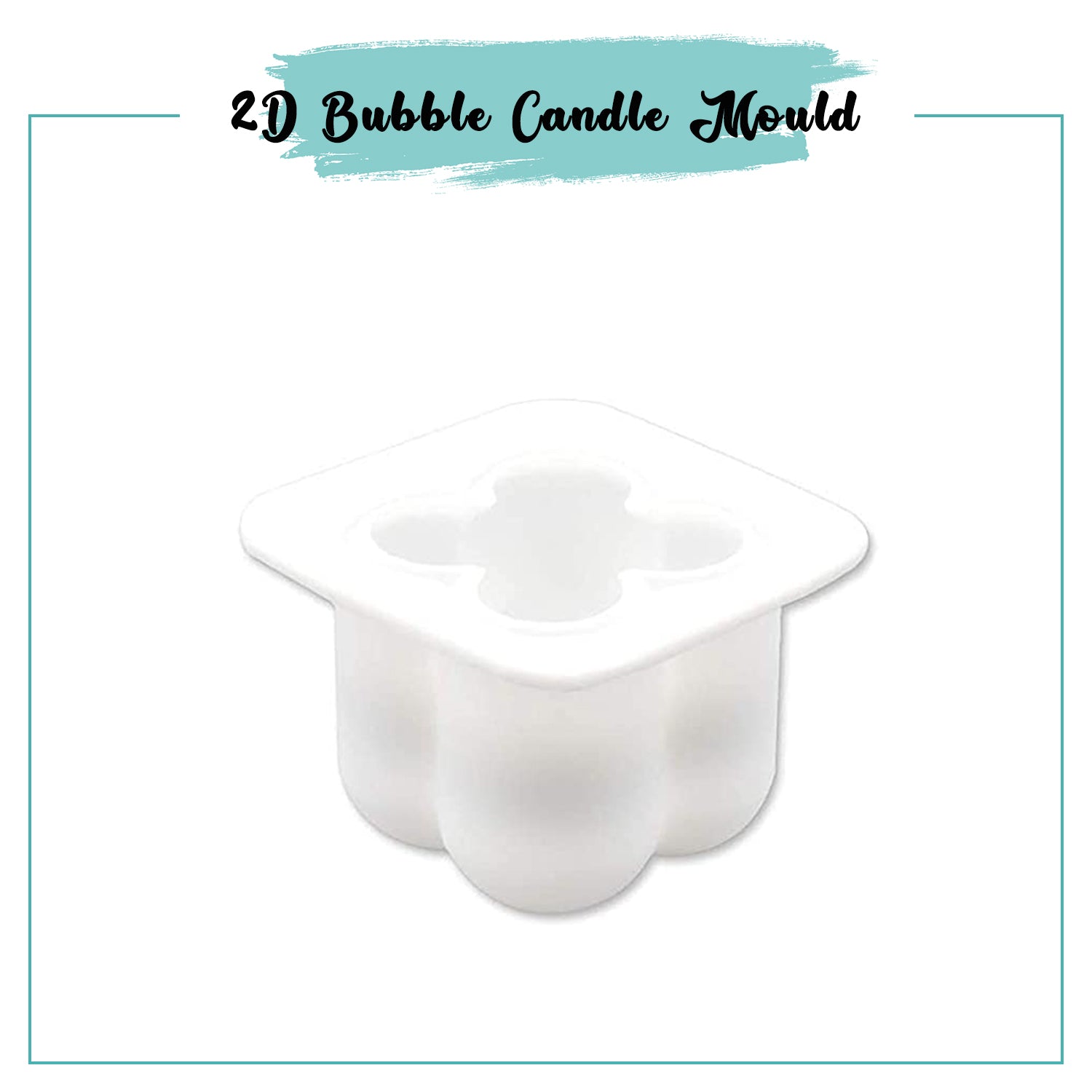


 Sign in
Sign in Register now
Register now My Reward Points
My Reward Points



